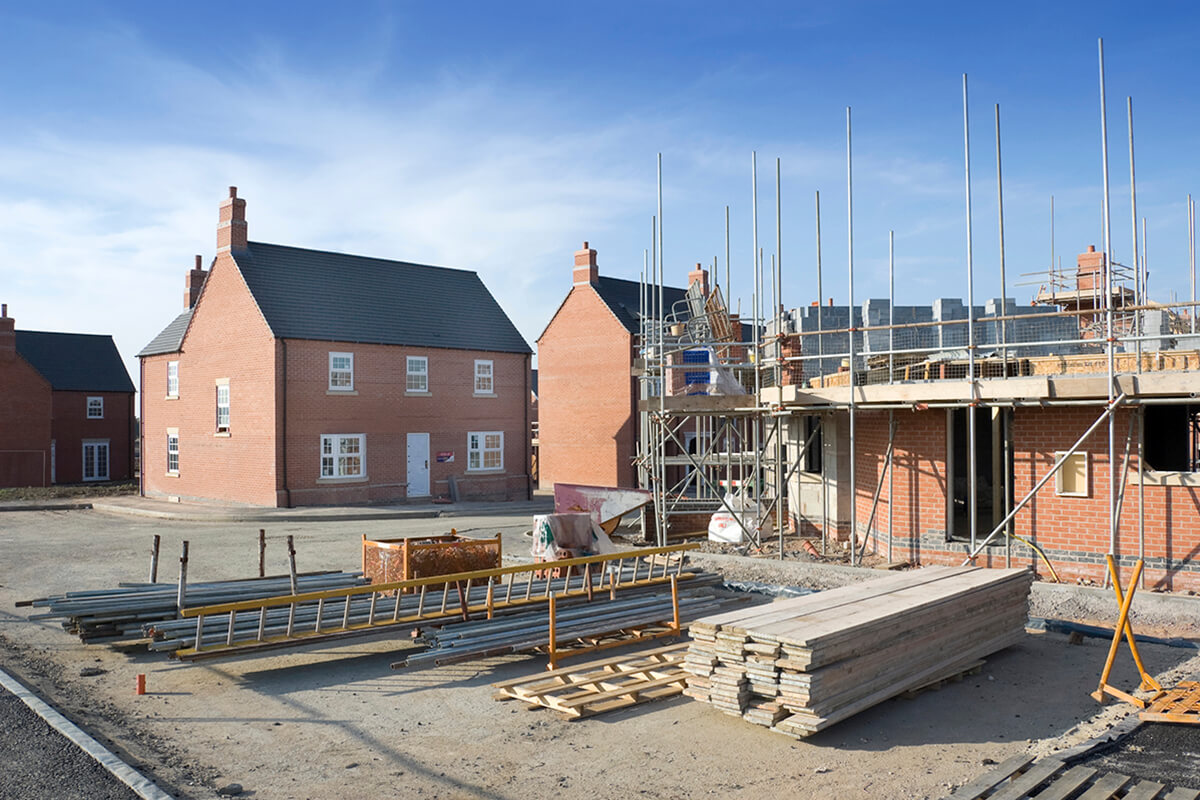In response to today’s provisional local government finance settlement, Cllr Neil Clarke, chairman of the District Councils’ Network (DCN) said: “The New Homes Bonus (NHB) scheme has provided a powerful and popular growth incentive in localities, enabling councils to grant more planning permissions, making development more acceptable for local communities – which have seen the benefits of growth through investment in supporting infrastructure and the delivery of homes where they are needed most.
“While a continued focus on rewarding those councils that deliver the most housing growth is welcomed, the DCN is extremely concerned that the substantial reduction in funding for NHB for all councils, particularly the introduction of a ‘deadweight’ baseline of 0.4%, will blunt its positive impact and have a detrimental effect on acceptable growth, rather than sharpen its focus – at a time when housing growth is the number one priority for the Department for Communities and Local Government.
“The new deadweight baseline of 0.4% – which will mean that NHB is only paid at growth above this level – is an arbitrary figure which will cut approximately £45m from NHB allocations to district councils in 2017/18 and is at a higher level than the original consultation proposed.
“Some district councils will receive no additional New Homes Bonus cash for 2017/18 as a result of this change, contrary to the Government’s aspiration to encourage growth, and we call on the Government to reduce the level of the baseline, to reduce the impact on all district councils.
“A significant reduction in NHB revenues will not only reduce the incentive for communities to embrace growth, but will inevitably reduce the number of capital and revenue projects that improve the health and wellbeing of residents, and which, furthermore, reduce the burden of demand on adult social care
“The DCN recognises the need for additional adult social care funding to meet ever-increasing demand. The application, however, of sticking plaster solutions, which only recycle existing local government funding, does not tackle the wider need for a sustainable and long-term funding solution, alongside a far greater focus on prevention to reduce demand.
“To that end, the DCN will continue to emphasise the relevance and importance of introducing a prevention council tax precept – a 2% prevention levy for district councils – to reflect the key role that districts play in prevention and demand-reduction for the wider public sector across the country.”
Notes:
From analysis of DCLG figures, the overall impact on district councils of all changes to New Homes Bonus for 2017/18 represents a reduction of approximately £75m, £45m of which is because of the new baseline rate.





